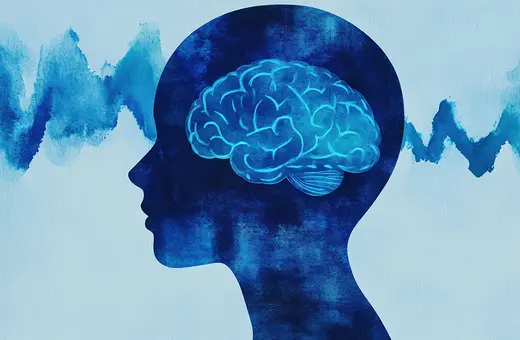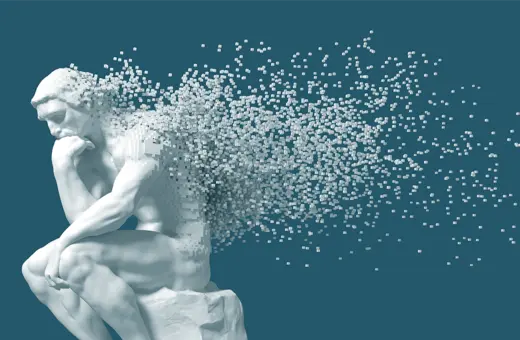There is a general assumption that companies will relocate if governments try to regulate them in pursuit of profit. This has been much of the drive to outsource manufacturing to the global south. Martin Wolf argues that while this may be the case for relatively less-skilled professions, the networks of specialised labour in the west prevent this mobility. This, combined with good governance, can be the cornerstone for democratic reform to reduce precarious labour and fix the marriage of liberalism and capitalism. This is an excerpt from The Crisis of Democratic Capitalism.
Successful renewal is again possible. It has happened before. To achieve it, there must be imaginative and decent leadership. Yet there must also be ideas.
First, in high-income democracies, governments play a central role: they need to ensure that companies are subject to competition, the population is well educated and trained, the infrastructure on which the economy depends is first-rate, and the research that drives technological advance is adequately funded. It has not in fact been the market against the state, as many believe, but the market with the state. This is true everywhere, albeit to different degrees, across the successful
economies.
 SUGGESTED READING
Buy stuff, end capitalism?
By Sabrina Martin
SUGGESTED READING
Buy stuff, end capitalism?
By Sabrina Martin
Second, again, in a stable high-income democracy, the educated and aspirational are a large and politically engaged element in the polity. Such people will tend to vote for parties and people they consider competent. These people provide the solid ground on which democratic politics is built.
Finally, the skills on which sophisticated businesses depend are embedded in networks of people who live in specific locations. The core competencies of companies are, as a result, far less mobile than many suppose. Only the relatively less-skilled parts of their operations are genuinely footloose. Indeed, quite a large proportion of the supposed mobility of companies has to do with exploitation of tax loopholes and cheap unskilled labor rather than a shift of the full range of their activities to countries that offer mainly cheap labor, low taxes, and minimal regulation.
___
If business interests and the plutocracy become overwhelmingly powerful, democratic capitalism may fall apart, to be replaced by a plutocratic or autocratic version
___
Yet this vision of economic interdependence and mutual commitment among politics, business, and the public also illuminates the fragility of modern democratic capitalism. Even if core competencies are sticky, the footloose parts of the economy may become big enough to devastate the prospects of large portions of the population, especially of less-skilled and older workers. Again, if economic insecurity starts affecting people who thought they had safe and good jobs, they are likely to feel growing despair. If the government does not know what to do in response to global economic crises, slowing growth, and unexpected shocks, such as COVID-19, trust may collapse.





















Join the conversation